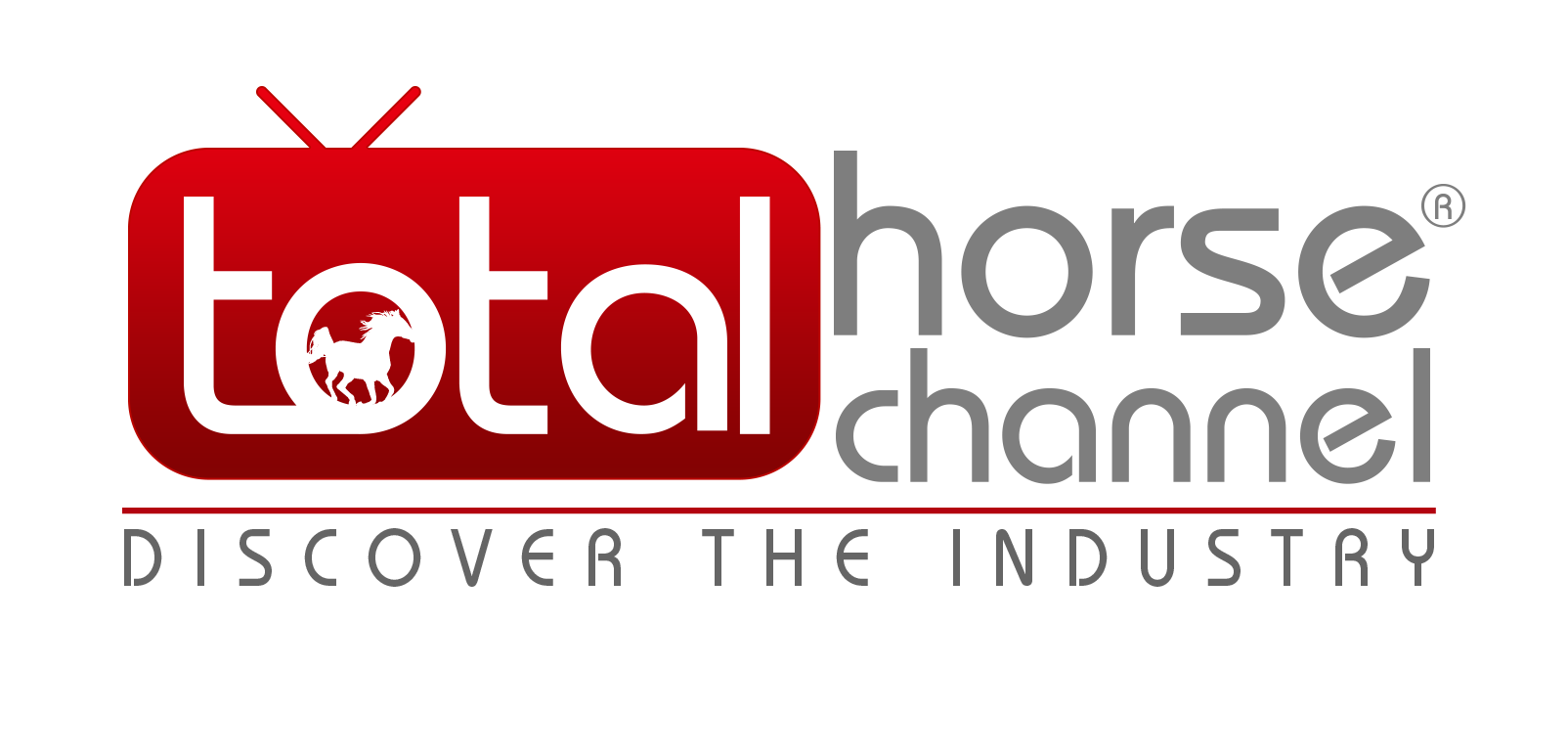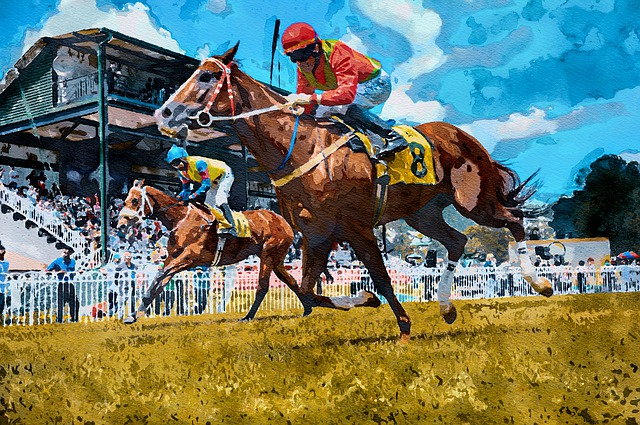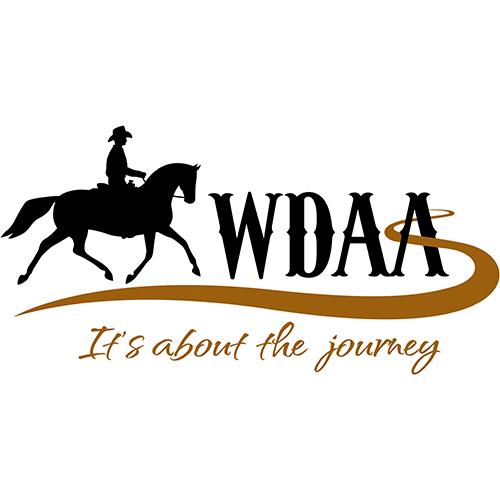Perhaps you have watched horse racing at least once a year – after all, the Kentucky Derby is a storied tradition and one of the most awaited events in horse racing. Maybe you have also caught a race on TVG horse racing and got a chance to join the hype with horse racing. If you have, then you’ll know that the Kentucky Derby can be quite mind-boggling if you do not grasp the idea and terminology.
Like many sports, Horse racing has its own language. Learning the language of horse racing can be a bit perplexing, whether it’s how to place a bet, race form, or words. Now that the 2021 Preakness Stakes is approaching, this handy betting glossary can help you better familiarize yourself with the latest horse racing odds and some of the common terms so you can join the horse racing talks next time you are betting or at the races.
Betting Terms
● Abandoned – This is a race that has been abandoned or canceled due to bad weather conditions. The stakes that have been placed on abandoned races are refunded.
● Accumulator – A bet involving one or more selections, each winning for the next selection. All the selections
● Backed – A term used on a horse on which multiple bets have been placed.
● Banker – Like putting your money in a bank, a banker requires a large sum of money to get a hefty return.
● Betting Ring – It is the assigned or designated area in a racecourse where bookmakers are found.
● Combination Bet – A bet placed on a chosen number of horses to finish first and second in any order.
● Combination Tricast – A type of bet where you pick which horse finishes first, second, and third in no particular order.
● Cash-out – A payout offered by the bookmaker before the bet completion.
● Dividend– A term usually related to Tote pools. It is also the amount of winning bet returns for every $1 wager.
● Dual forecast – It is also called a reverse forecast which a bet is aimed to predict the winning horse and the runner up in no particular order.
● Each-way – A bet where you place it on a specific horse to win.
● Exacta– A wager placed on a horse to finish first or second in a race in the exact order.
● Favorite – Is also called the market leader and is the shortest-priced horse in the race.
● Go through the card – to have a declared winner of every race, either a trainer, jockey punter, or tipster.
● Handicap – A horse is allotted a different weight to carry in a race, and the BHA Handicappers determine its rating. The “perfect” handicap is where all the runners complete and finish in the dead-heat race.
● Handicapper – The authorized person responsible for allocating a handicap rating to every qualified horse and for allotting the weight to be carried by a horse in a handicap.
● In-running betting – betting on the outcome of a race while the race is ongoing instead of betting beforehand. This betting is popular on betting exchanges, mostly offered by bookmakers.
● Jolly – Another term for the favorite in the market.
● Longshot – A horse that is unfavorable in the market.
● Lucky 15 – It’s a bet with 15 bets, including four selections in different racing events.
● Match betting – mostly used by many through fixed odds on the exchange market. This betting technique covers different results by either in-play betting or differences in the bookmaker’s odds.
● Non-Runner – A horse specifically meant to race but has been withdrawn to join the race for some reason.
● Odds – It is also known as the price. It is the chance offered for a selection to win a race.
● Placepot – The rules are similar to Jackpot, but selections have to be placed.
● Punter – A term used for a person who gambles or lays a bet.
● Quarters – The posterior part of a horse between flank and tail.
● Rating – Horse’s ability is measured on a scale from zero to three figures.
● Return – The total amount for the winning bet, including winnings plus stake or the result of the final odds of the race.
● Sprinter – A specialized horse trained in running over the shortest distance on the flat.
● Thoroughbred – A breed of a horse trained for racing.
● Trainer – A person responsible for scouting for a horse and preparing it to join a race. A trainer is required to hold a license or permit to train.
● Under starter orders/under orders – It’s the moment a race is about to start. Once horses are in the stalls for a Flat race, they are called “under starter’s” orders as the jockeys wait for the signal for the race to begin.
● Void bet – A term used when a bet is invalid.
● Win bet/only – A single bet placed on a horse to finish first. A win only is placed when markets identify that no each-way betting is possible.
● Yielding – It is an Irish term that describes a racecourse going that is weak.
Final Thoughts
With all the betting terms flying around, the betting world can be a perplexing field. Even before you start placing any wagers, getting along with some of the different terminologies can be confusing. So, the next time you pop in and out and catch a race, you can quickly orders reacquaint with the horse racing. It will be easier to understand the terminologies from common sayings to technical terminology important for understanding the sport.






















